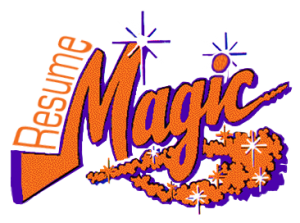You’ve graduated and now have to land that perfect job. Do you know how to present yourself at the job interview?
You have graduated high school or college and now you’re ready for your first real job. You’ve mailed out resumes and have been called in for your first interview. How can you do well at the interview so you wind up being offered the job?
1. Dress professionally. No midriff shirts, low-cut blouses or flip-flops because you’re going to work and not the beach. While it’s not necessary to buy a suit, it is particularly important to look professional. If you’re trying to get a job in a conservative office such as an accounting firm, don’t dress as if you were going to a concert. If you are applying for a retail position, you have a little more freedom. Rather than list what clothing is and is not acceptable, I would tell you to dress as if you were going to meet one of the most important people in your life- because you are!
2. Make sure you are well-groomed. Don’t look as though you just rolled out of bed and couldn’t bother to take care of basic personal hygiene. Nothing will make the HR Manager bring the interview to a close faster than unwashed hair, dirty fingernails or body odour. As an employee, you will be a reflection of the company and no customer wants to do business with an unkempt person.
3. Be aware of your body language. A firm handshake at the start of the interview shows you are self-confident. Maintain eye contact, stay relaxed and be attentive to the interviewer. Ask questions and listen thoughtfully to the answers. Think before you answer questions from the interviewer- don’t ramble and keep the conversation on the topic.
4. Be prepared for the interview. Research the company beforehand- every business now has a website where you can learn what they do and who their customers are. This shows the interviewer you are interested in the job and took the initiative to find out all you could about the company.
5. Be present in the interview. I’ve interviewed candidates who acted as if they were waiting for a bus. They didn’t ask questions, but instead just listened to me, and I wasn’t really sure if they were paying attention. Be enthusiastic, ask questions and participate in the interview. After listing all the duties required of the position, I asked one candidate if this sounded like something they should be interested in. Her reply was a quiet, I can do the job. She didn’t answer my question, she seemed indifferent, and she didn’t get the job. If you can’t be excited in the interview, you’re not going to be energised in the workplace either.
First impressions count, and you want to let the interviewer know you want the job, are willing to work hard and will do your best. You might not necessarily be the most qualified candidate, but still land the job because you were the most outstanding one. Good luck!
